Dentures
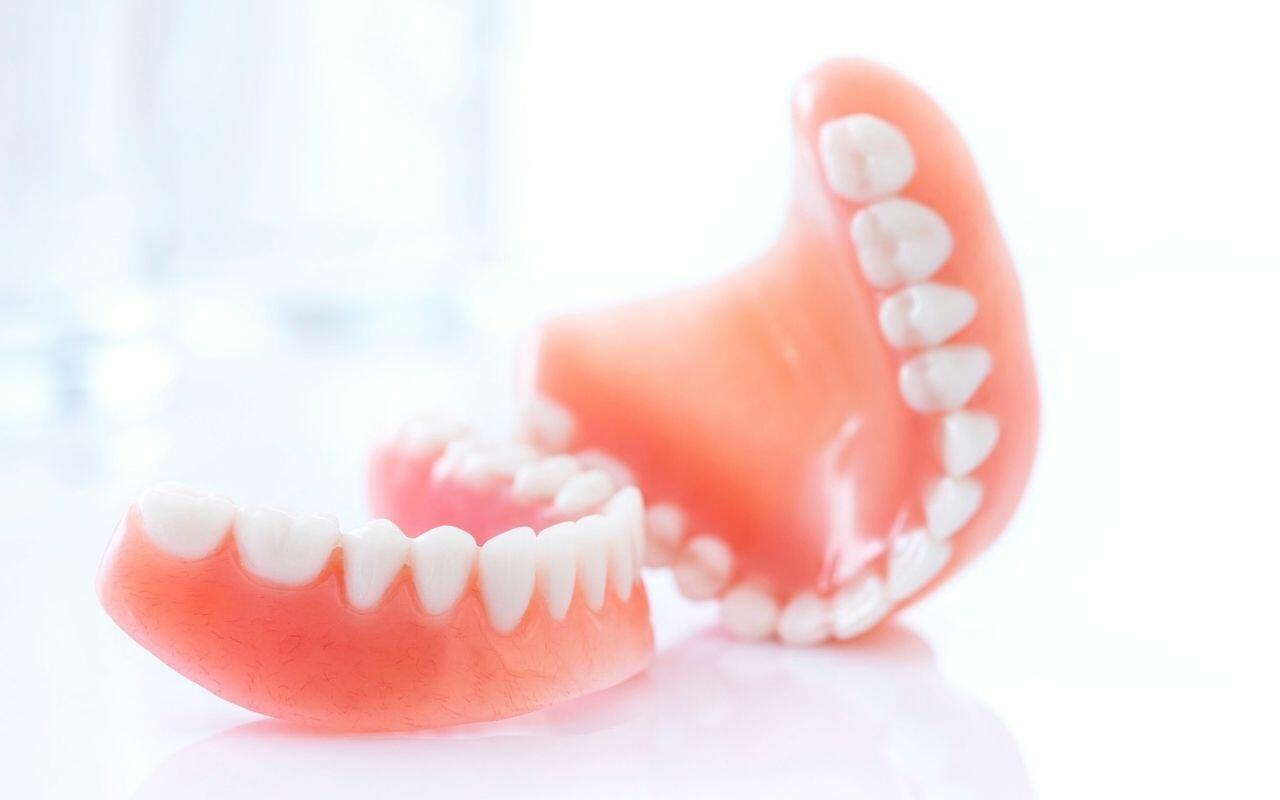
Dentures are a good solution for people who have lost all or some teeth due to cavities, gum disease, injury, or have never grown into some of their adult teeth due to a genetic heredity trait. Complete dentures are used when the patient has no remaining teeth and the dentures can fit over the gums. Partial dentures are used when a patient has some teeth left and the partial dentures can fit over the remaining teeth.
Besides the embarrassment of missing teeth, other problems can include speech difficulty causing the adjacent teeth to shift or whistle, and difficulty eating & chewing. The look of a person’s face can seem droopy or sagging with missing teeth causing them to look much older than they are. Missing teeth cause people to avoid social situations and avoid eating any kind of hard food. Your quality of life can be greatly improved by making the decision to get dentures.
In a perfect world, all remaining teeth that can be saved should be saved. Unfortunately, this is not always feasible. Some people may lack the tolerance, dental insurance, or finances required for extensive dental work or appliances. Having teeth removed and partial or full dentures made may be the only option available.
Types Of Dentures
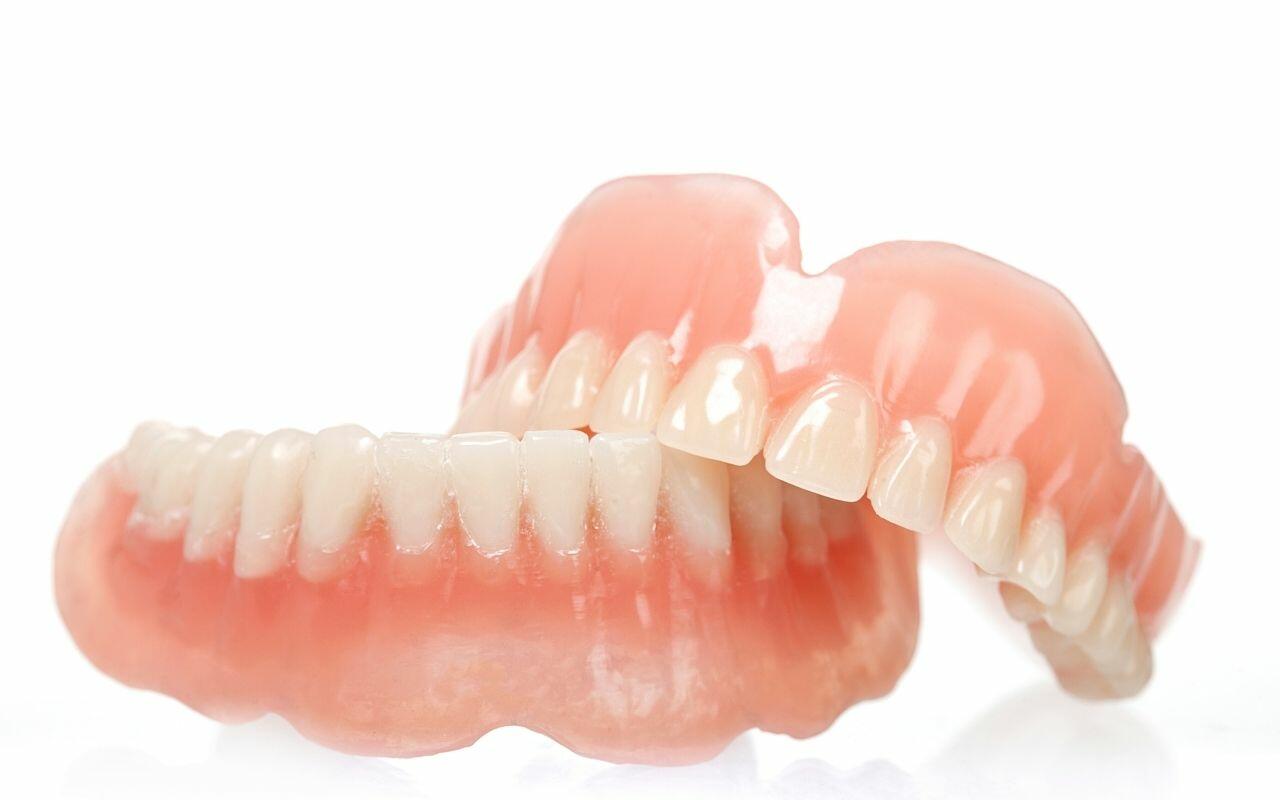
Full and removable dentures are the least stable of all dental options. They have to be held in place with dental adhesive and can shift and fall out of place if not used properly. Dentures can be irritating and cause further bone loss by constant rubbing on any natural teeth or roots left in the mouth. Removable dentures are, however, less expensive than the non-removable variety and are easier to clean and maintain. Dentures require an adjustment period but can offer better support for the soft gum tissues.
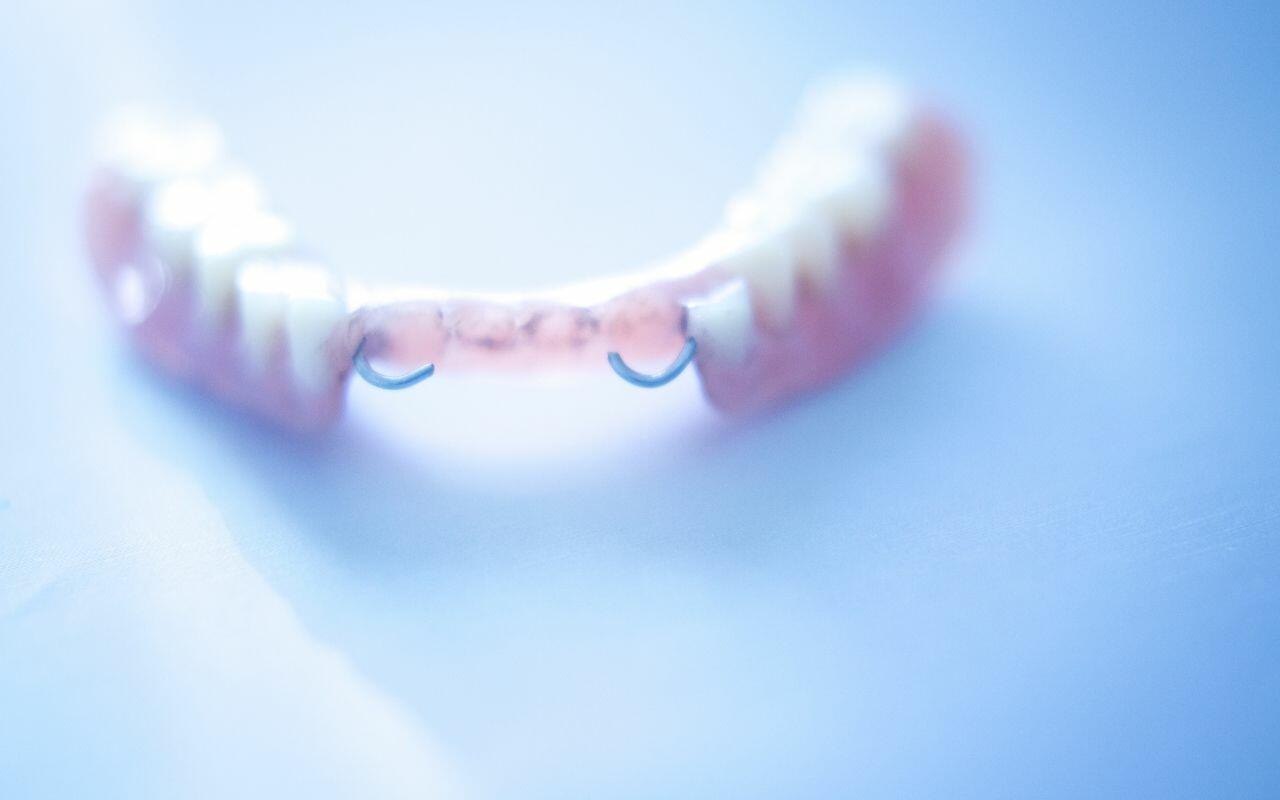
Partial removable dentures are much easier to fabricate and can be used adjacent to natural teeth. There is virtually no preparation required by the patient. Although partial dentures can damage the remaining supporting teeth, they are a less costly and less invasive procedure than complete dentures. They can also be easily removed for cleaning. Partial dentures can be difficult to get used to and require some time to adjust to speaking and chewing with them. Partial dentures can look very natural except some have an unsightly metal clasp that can be visible to others.
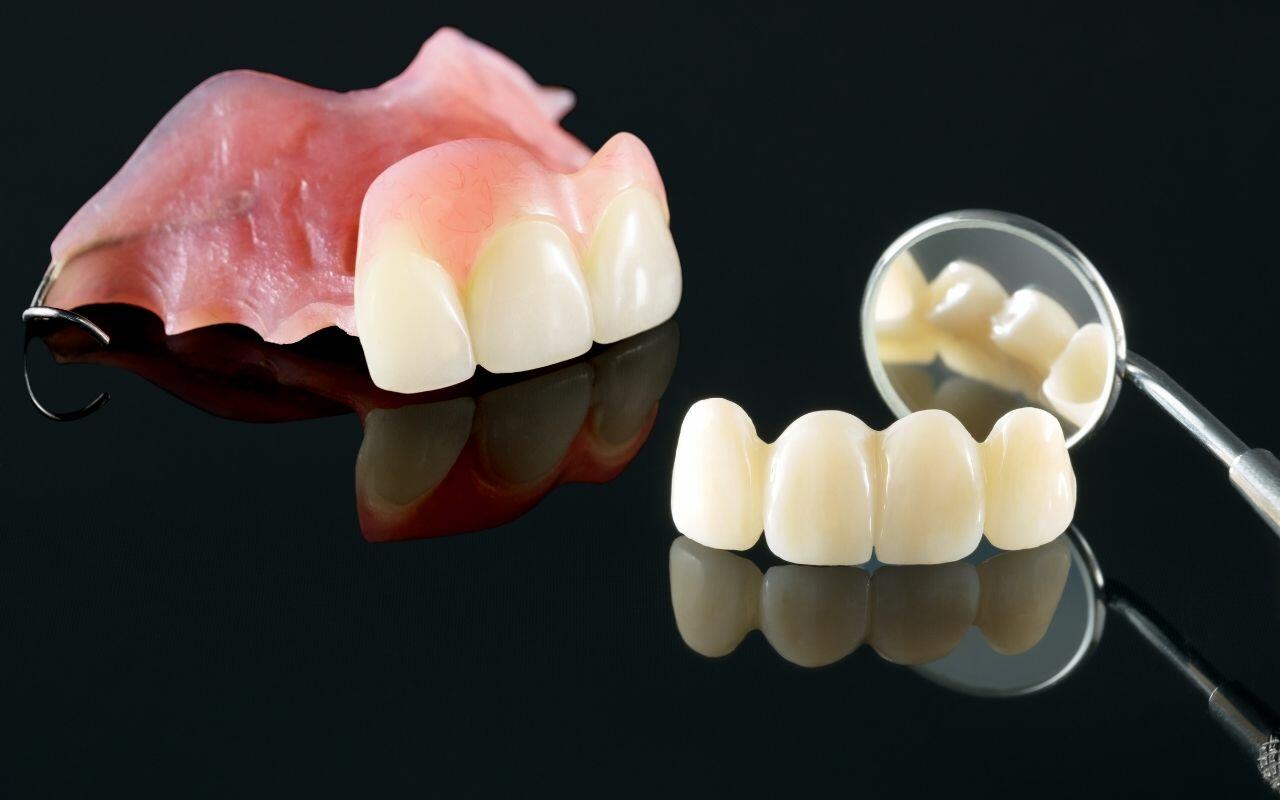
Temporary dentures can also be made for those times when you do not want to be without teeth while waiting for your permanent dentures to be made, which can sometimes take a few weeks. Most people will opt for temporary dentures since they do not want to go out in public with any missing teeth, regardless of the cause. It may take more than one visit and some minor adjustments to make sure your temporary dentures fit properly while your gums are healing from the removal of your bad teeth. Speak to your dentist if this temporary denture is right for you.
Denture Care
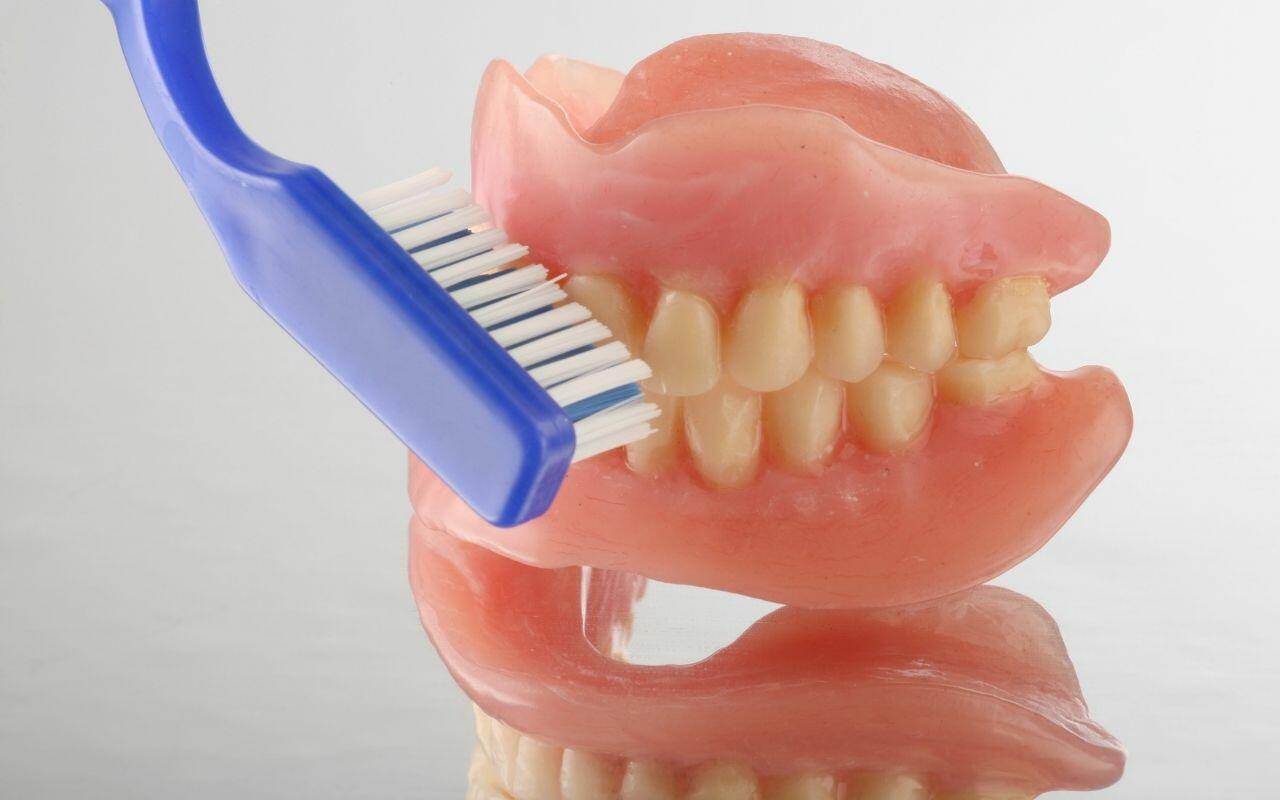
Proper care and regular dental visits will keep your dentures in good shape, and keep your mouth and breath healthy. Dentures should be brushed daily with a soft toothbrush to remove food particles and plaque. You also need to take care to brush and clean your tongue and gums so that your dentures will always fit properly and have a clean area in which to place your denture paste.
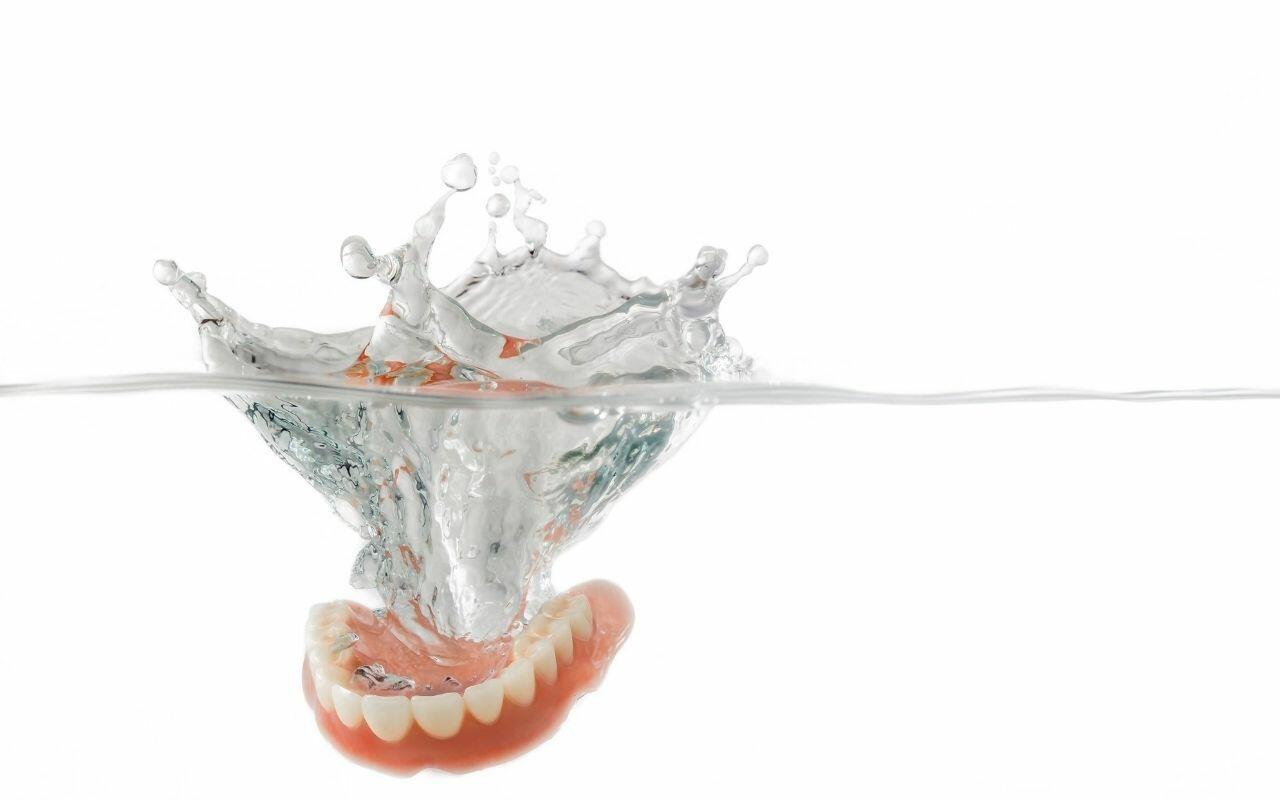
When not in use, your dentures should be in water or a dental solution to protect them and assist in removal of any food particles not achieved by brushing. If your dentures are not fitting right or are causing gum sores, speak to your dentist right away to get them refitted and adjusted as needed.
Whatever dentures you choose, your dentist will be with you every step of the way keeping you smiling for years to come!
